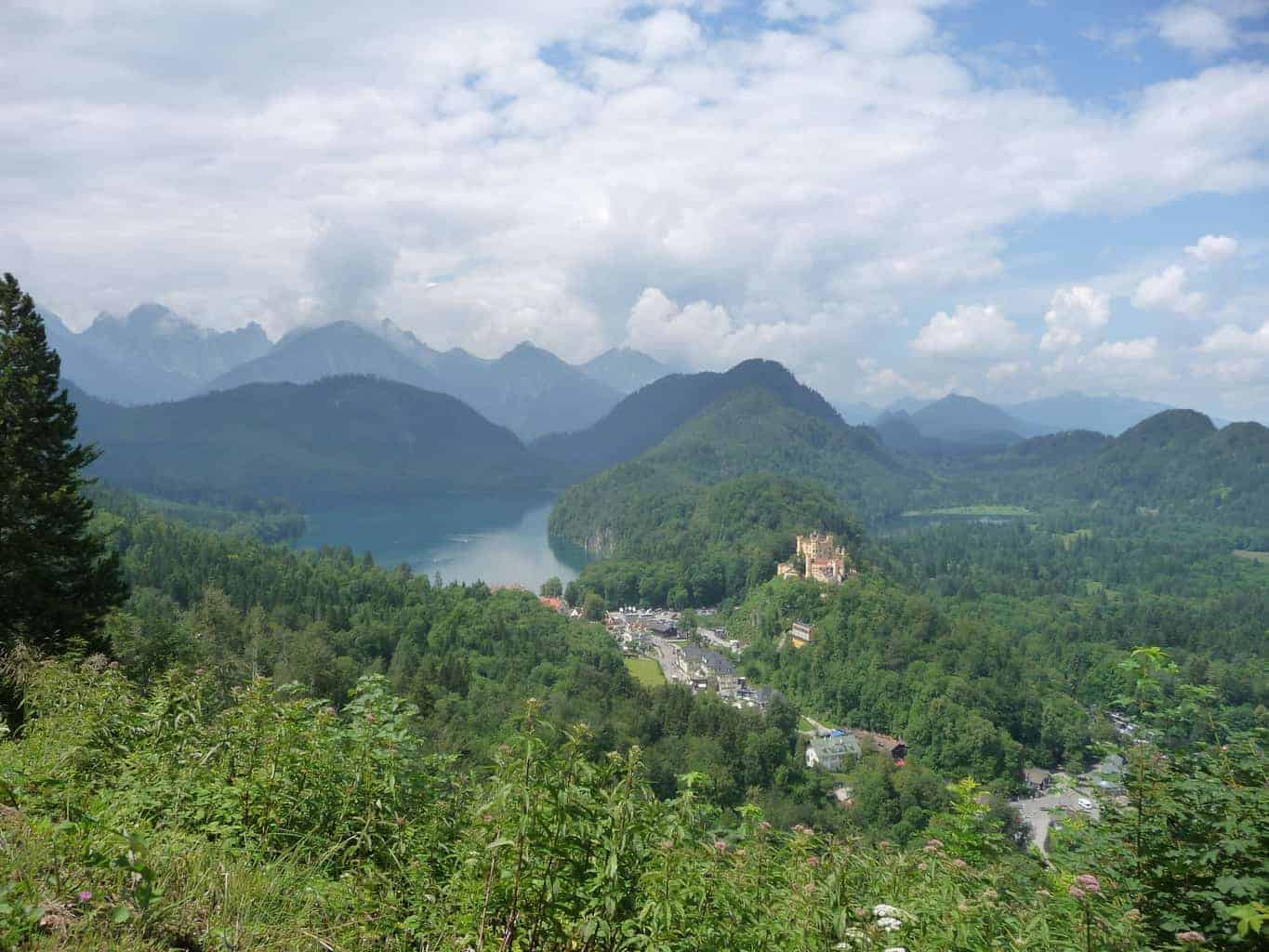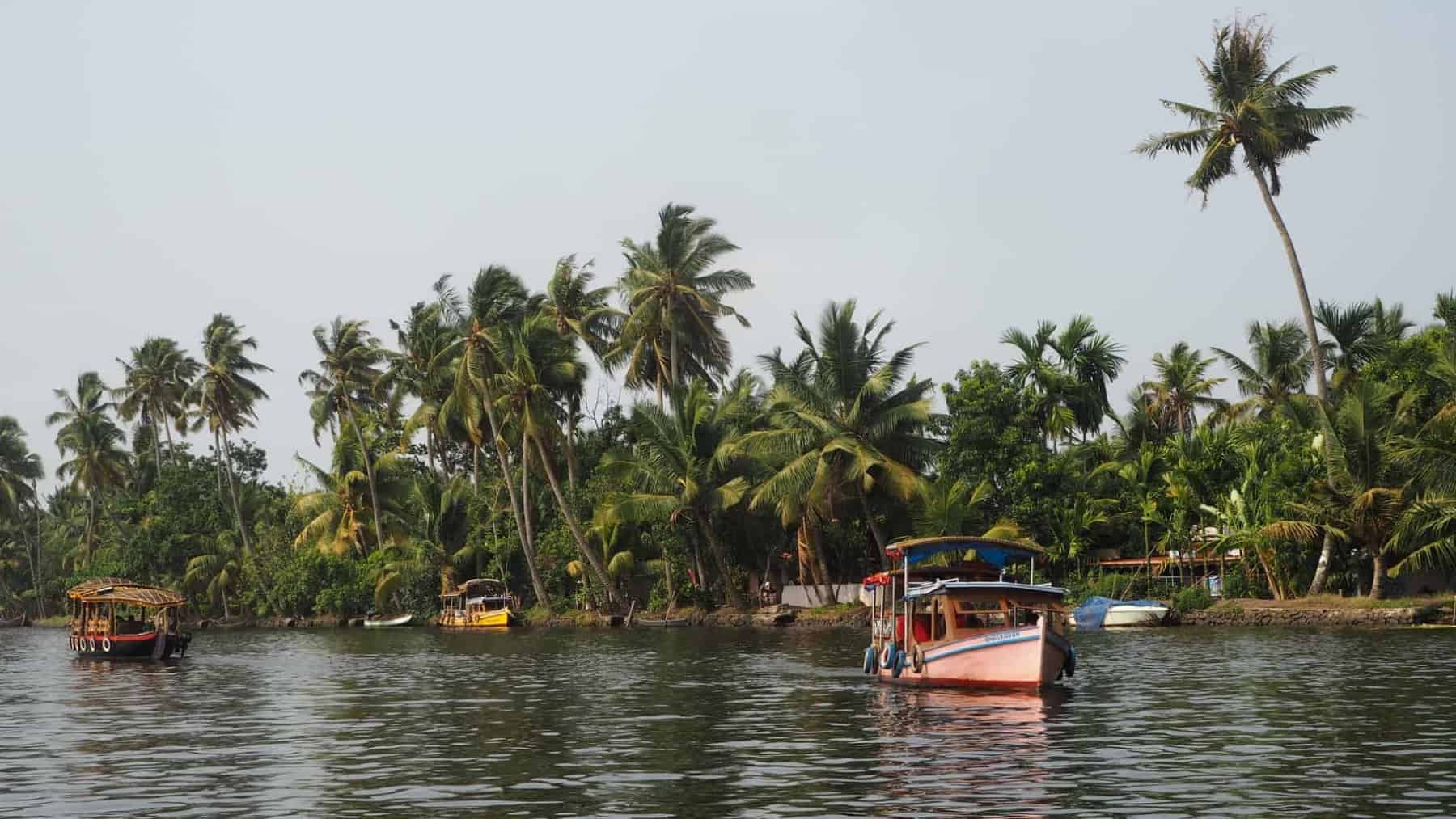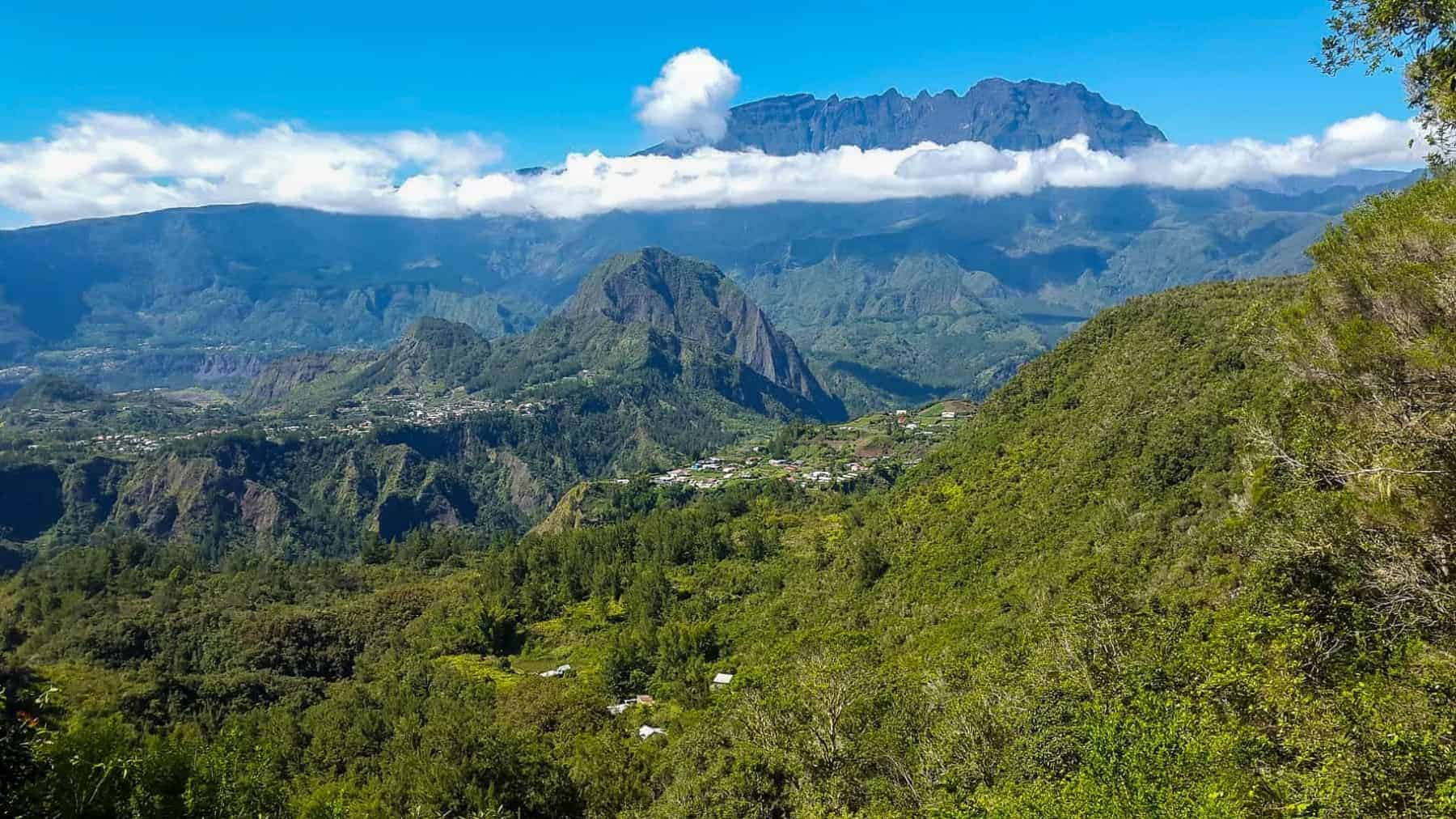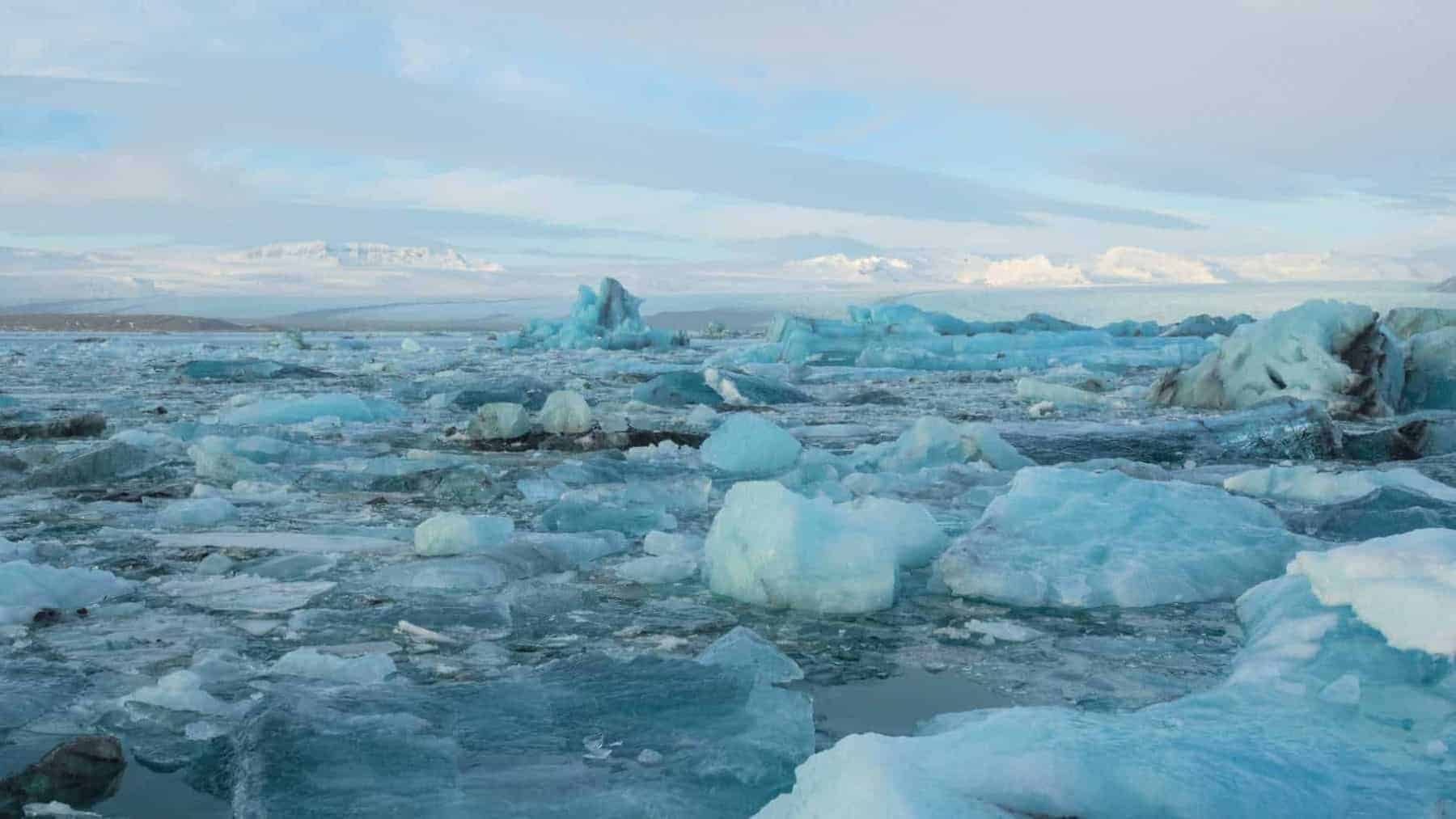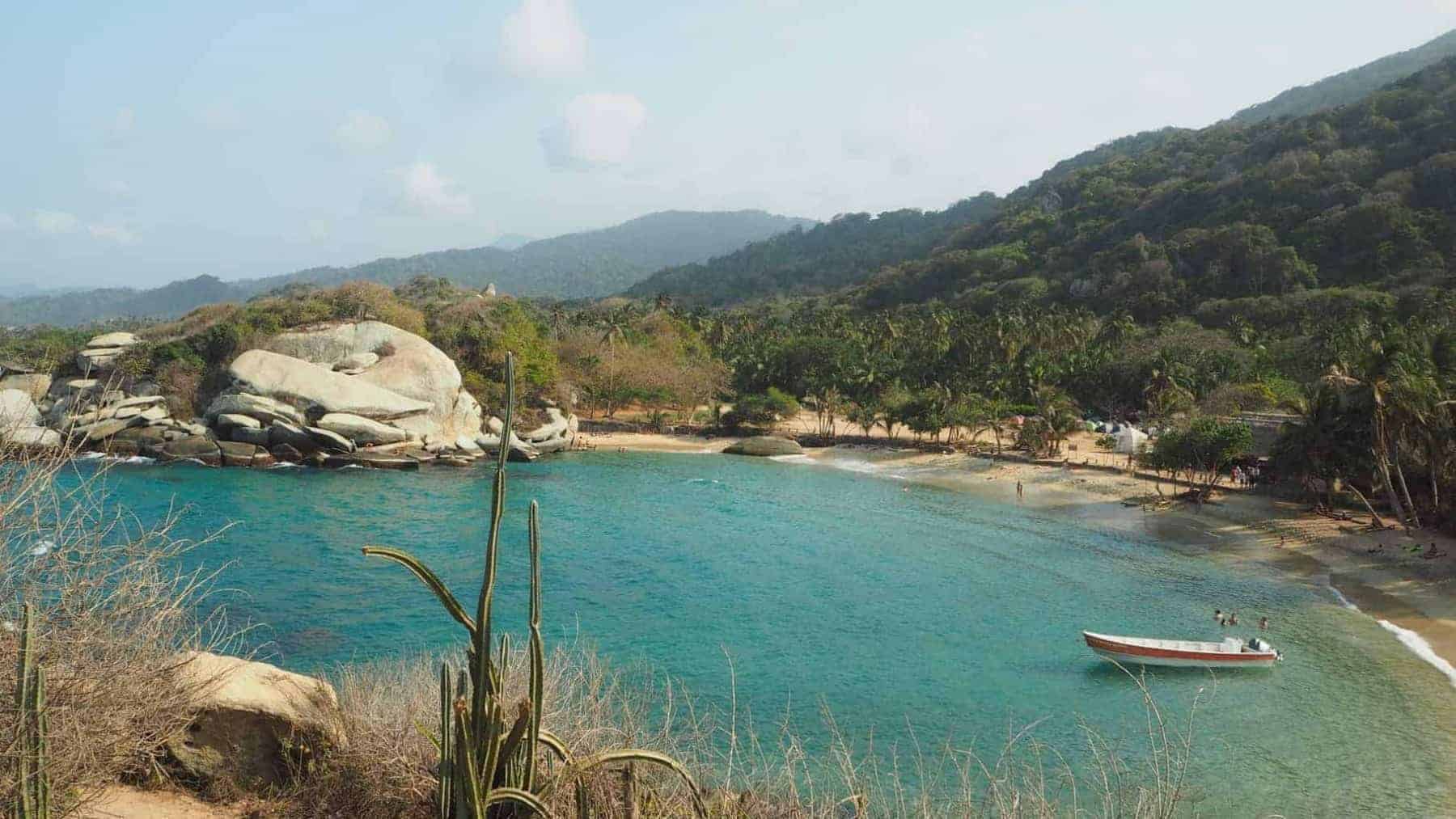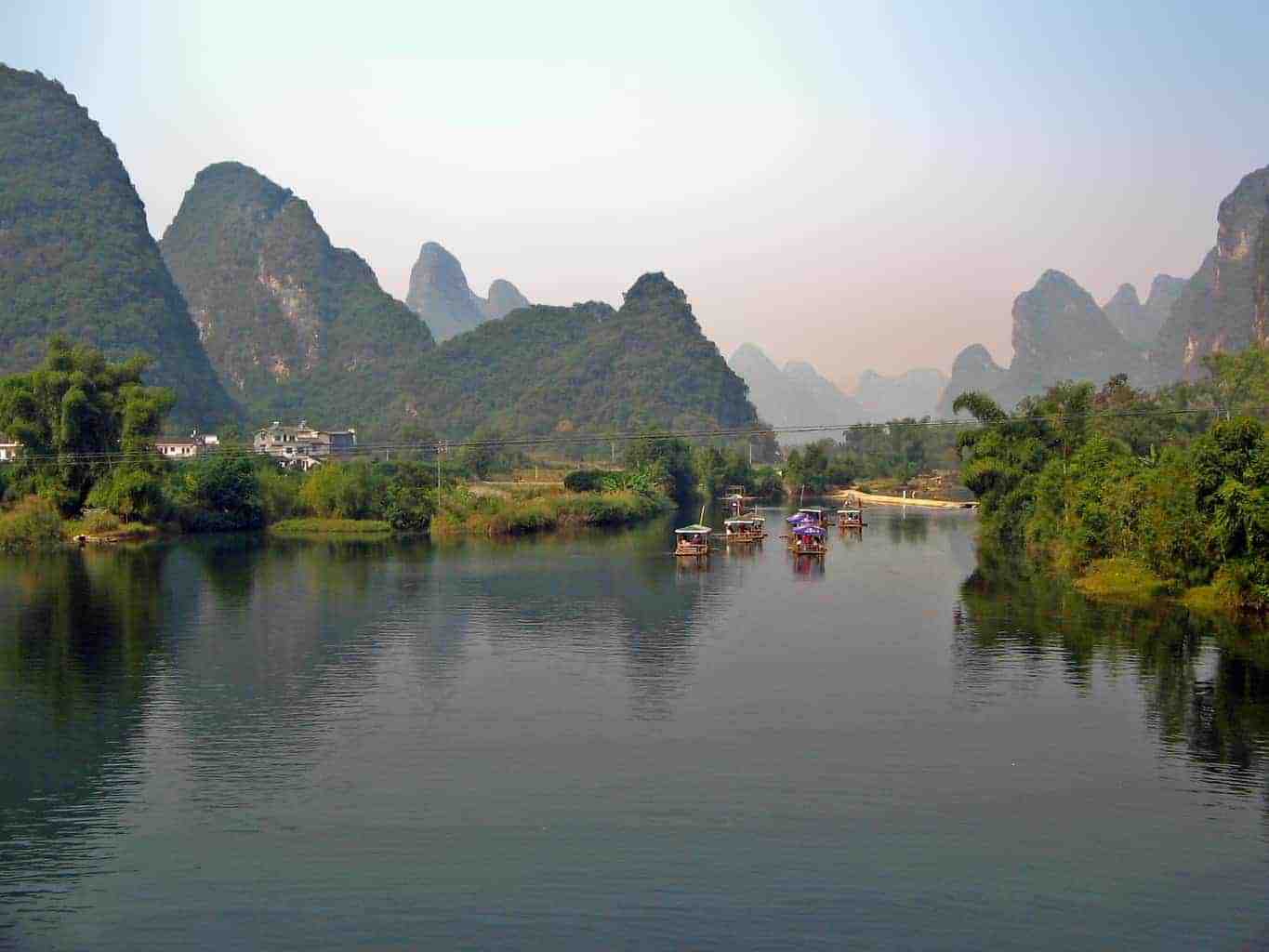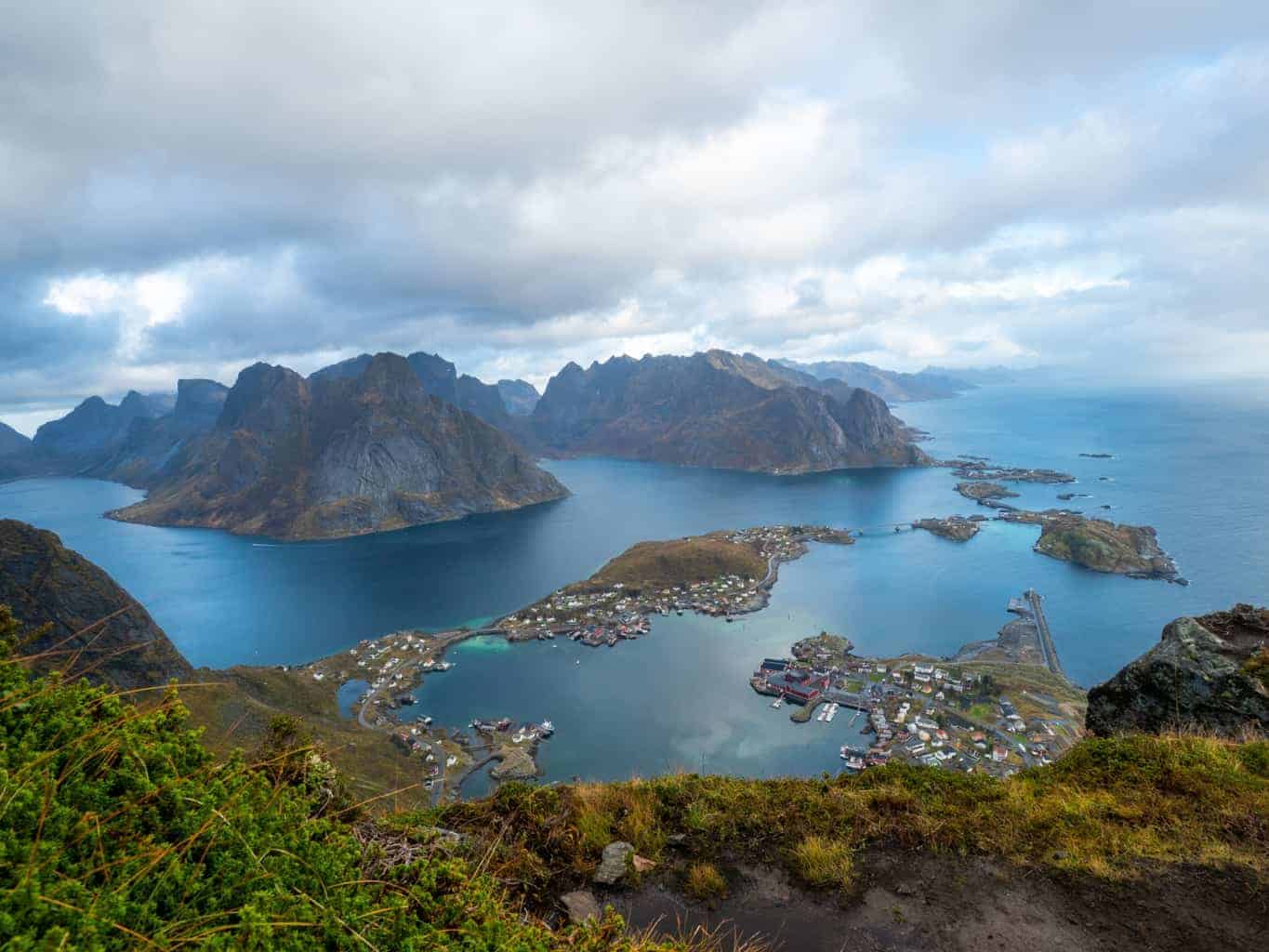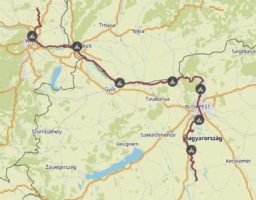This post is also available in:
 Deutsch
Deutsch
Everybody is talking about sustainable travel. There are masses of tips, articles and blog posts with titles like “10 tips for sustainable travel” – it would be nice if it would be so easy to switch our travel behaviour to sustainable with 10 simple tips.
The world is just too beautiful to miss.
You can’t get enough of beautiful natur and landscape pictures?
Here you see them all.
Everybody is talking about sustainable travel. There are masses of tips, articles and blog posts with titles like “10 tips for sustainable travel” – it would be nice if it would be so easy to switch our travel behaviour to sustainable with 10 simple tips. For me, the topic of sustainable travel is a double-edged sword. I love being on the move. As soon as I am in nature, feelings of happiness arise in me. I like the unusual, the new, the adventurous. But I also know how fragile our nature is and that we are doing everything we can to destroy it. I have learned a lot about what harms our world and how to act environmentally conscious, and yet I also make consumer choices that further contribute to destroying the fragile beauty of our earth. During my doctoral thesis, I studied many psychological intervention techniques. It turned out that almost everyone tries to change behaviour by increasing knowledge. This, however, works the least.
From knowledge to change?
Increasing knowledge is not a bad thing, per se. By reading the lists I have learned something that was not clear to me. For example, it is better not to throw away batteries abroad, as we usually have much better recycling systems in the European countries or in the USA. That is somy contributes to leething I can take to heart in the future. This is called knowledge of action and makes sense because it activeely contributes to learning new ways of behaviour.

Zu wissen, dass unser Verhalten Probleme auf der Welt verursacht ist an sich auch gut und wichtig. Jetzt wäre doch eigentlich alles easy: Wir finden raus, welches Verhalten unsere Erde zerstört, dann geben wir Tipps, was man anders und besser machen kann und voilà die Welt ist gerettet. Doch das funktioniert leider nicht, denn du und ich – wir sind Meister darin uns selbst auszutricksen. Nachfolgend erkläre ich dir in 10 Gründen warum Informationen über Umweltprobleme und Tipps zum nachhaltigen Reisen, alleine nicht ausreichen, um die Welt zu verändern.
1. So many environmental problems, it’s all way too much for me.
Often we are overwhelmed with information about environmental problems and that has some pitfalls. After my studies in sustainable economics, I had the feeling that the world was going to end anyway, because so much is already going wrong, which we can’t change. In addition, the big and important changes towards sustainability are not happening. Mostly bad news falls on deaf ears. The ones who listened, put on their blinkers and continue as before. There are simply more environmental problems now than we can handle in our heads. To avoid falling into a state of shock rigidity or feeling completely powerless to act, this is the smartest mechanism the body could have come up with. Only stupid for the problem counters and for the environment.
2. I first implement the easy things.
Everyone probably knows the phenomenon: You have a list of things you could change, you read it through and then you think, “Yeah, I could do this and I could do that”. But there’s a psychological effect to it, that you’d rather choose easier to implement thing over difficult ones. Unfortunately, the easy ones often have much less positive effects on the environment and the climate than the more difficult ones.
So you primarily only relieve your guilty conscience if you pack a little less luggage for the 10-day trip from Europe to Mexico, have the travel guide “environmentally friendly” on your mobile phone (I’ll explain soon in another article whether this is really more environmentally friendly, as it’s often said) and dispose your empty batteries at home.

But the most harmful to the environment is by far the flight. Your flight alone consumes almost three times the climate-friendly annual budget of CO2 emissions.
Would you want to travel without an airplane just because of this knowledge? I honestly admit that this is very difficult for me. Why is that? We often have several conflicting goals and values within us. We want maximum experiences at minimum time and cost.
3. But sometimes it’s just the others who are to blame.
How often do I hear that if you only got longer holidays, you would like to fly away longer. The lack of time or the illusion of lack of time is also one of the biggest problems. How effective is it then to tell people that they should change to other means of transport when travelling or to take longer holidays at least. Personally, during my time as an employee, I used 4 weeks of my annual vacation of 6 weeks for a long-distance trip, such as flying from Europe to India or Mexico. But this is not feasible for many people and from an environmental point of view I would only be allowed to take such a holiday every 10 years and would have to live the rest of the time like an Indian in order not to exceed my climate-friendly annual budget.

That doesn’t sound feasible to me. But it also shows how far we are from a sustainable, environmentally friendly lifestyle in general.
Despite the fact that as Germans we already use around three times the climate-friendly annual budget, the flight consumes almost as much CO2 as life in Germany from January to September. So it can only be about damage limitation if you want to use the plane.

At least some damage limitation would bring direct flights, since most CO2 is consumed during departure and landing. However, airlines compete with each other and try to snatch passengers away from each other. As a result, flights with the German airline Lufthansa, for example, are usually cheaper from foreign airports. Curiosities like flying from Frankfurt to Milan and then a few hours later boarding a feeder flight from Lufthansa back to Frankfurt, which then takes you from Frankfurt to Mexico, can happen. If one lets the feeder flight expire, the whole ticket expires. These contrary incentives cry out for unsustainable behavior. The same applies to all the airlines’ mileage bonus programs, where at the end of the year you try not to lose your status miles by getting last-minute flights, and not to mention all the cheap flight offers of the airlines. Who can say no to a weekend in Milan when the flight from another European country to Milan only costs 2 to 10 €? The masses are happy to accept this temptation.
Ebenso verhalten sich die ganzen Meilenbonusprogramme der Airlines, bei denen man am Ende des Jahres versucht durch Last Minute Flüge seine Statusmeilen nicht zu verlieren oder auch die Billigangebote der Airlines. Es ist so doch ganz schön hart nachhaltig unterwegs zu sein. Denn wer kann schon darauf verzichten für 2 bis 10 € mal eben ein Wochenende in Mailand zu verbringen? Die Masse nimmt diese Verlockungen gerne an.
4. Deep down inside, the others aren’t so important to us.
In our world, everything is connected. Already Edward Lorenz said in the ‘70s

„Schon der Flügelschlag eines Schmetterlings in Brasilien kann in Texas einen Orkan auslösen.“
Edward Lorenz
But our perception is limited. This is why we focus more on the current needs and risks of our environment. In Western countries, we hardly feel the effects of climate change in our everyday lives. Then why should we not travel or buy other great things? Doesn’t advertising even say that the more we own, the happier we become? This makes it easy to suppress current problems in other countries in such a way that we can confidently continue to consume. Who thinks of the impact that buying a drone for travel has on dirty rivers in China or sinking islands in the Pacific?
Let us quickly repress this thought. And we have the benefits, the recreation and the adventure of the trip to Mexico already today.

But most of the environmental problems we all have to face will be only in the future. Besides, my benefit is much greater than the part of the damage I have to bear later.
5. Climate change? That doesn’t exist
Vor allem unsere amerikanischen Freund*innen haben viele Ideologien, die einen der klimaschädlichsten Lebensstile der Welt rechtfertigen. Wer hat nicht schon Leute sagen hören: “Der Markt wird es in Ordnung bringen!” Diese Menschen glauben an die Macht des lieben neoliberalen Marktes, besser bekannt als Kapitalismus. Er wird schon alles regeln, so dass das eigene Verhalten nicht verändert werden muss. Natürlich liegt die Verantwortung bei jemand anderem!
Was ist mit “Bald kommt das elektrische Flugzeug und dann geht es uns allen gut!” Ja, natürlich haben Technologien immer alles besser und umweltfreundlicher gemacht. Zum Beispiel Autos. Sie sind jetzt viel effizienter als in den 90er Jahren. Aber weißt du was? Wir fahren viel mehr. “Aber Energie ist jetzt viel effizienter!” Ja, die Technologie hat alles viel besser gemacht, aber jetzt verbrauchen wir viel mehr Strom als vorher und außerdem leben wir in größeren Häusern. Insgesamt gibts für unsere Emissionen nur eine Richtung und zwar hoch, hoch, hoch. Und jetzt denken wir noch einmal an das elektrische Flugzeug…..
Ein weiteres tolles Argument ist “Klimawandel? Den gibt es nicht!
Die Erde hat sich ja schon immer erwärmt und Tiere sind auch schon immer ausgestorben. “
Ohne Probleme lebt es sich wahrlich am besten.
Manche glauben tief an Gott und dass er es schon in Ordnung bringen wird und andere möchten ihren bequemen Lebensstil, den sie sich so hart erarbeitet haben, einfach nicht aufgeben.
Und wer von den “anderen” bist du?
6. It’s just all too unsafe for me.
On the Internet you find tips like you should rather use organic hotels, borrow an electric car as a rental car or offset your CO2 emissions. But everything foreign is suspect at first: “Does everything work as I want it to and as people say? “What if in the middle of the countryside the electricity for the car is gone?” “Will my money even reach the right people?” “The beggars will only buy alcohol with my money”, “Cycling is much more dangerous than driving a car”. There are so many potential risks, functional, monetary, temporal, physical, that it is much easier to keep the familiar. The older you get, the less open you tend to be to trying out new behaviour.
7. I have always done it this way
It has often been found that the greatest predictor of future behaviour is past behaviour. In other words, humans are creatures of habit. And unfortunately this affects all of us. The more often a behavior is practiced, the more difficult it is to change it. It becomes an unconscious part of us and we don’t even begin to question the behaviour anymore.
8. I already behave environmentally conscious in everyday life, at least now I want to spoil myself.
Did you know that in Germany the environmental parties are mainly chosen by the people who behave most harmful to the environment? Sounds paradoxical, but there is a psychological effect that explains it: the rebound effect. There are many facets of rebound. One of them is that you feel you’ve already done so much good – you’ve been cycling to work all year and you always buy organic products – that you certainly can get a long-distance flight for it. As a rule, poorer people live the most environmentally friendly lives because they simply can’t afford many things – especially flights to other (exotic) countries. They often don’t give a damn about the environment.
9. Why should I stop flying when everyone else is doing it?
Yes, that is a difficult subject: the renunciation itself and the belief to be excluded when one renounces something. The basic problem is that, for example, flying or all-inclusive holidays are seen as desirable. Especially our young generation loves the freedom we can experience by travelling to distant countries. So why should you stop flying if everyone does it anyway and many even more often than me? Why is flying so desirable? Of course, there are the obvious criteria like the time saving on long-haul flights, but many fly also within Europe or sometimes even Germany, although it is not much shorter.

One of the biggest problems is that it reflects the social norm. You just fly, most people do it that way and nobody criticizes it. I have been to major European climate events where most people have flown there. It can even happen that friends and acquaintances give you a crooked look when you tell them that you want to travel without the plane. All this creates social pressure. It is really difficult to oppose these norms with a full “yes” inside and not to have a feeling of renunciation or lack.
All das bewirkt sozialen Druck. Es ist wirklich schwierig sich alleine und mit einem vollen „Ja“ gegen diese Normen zu stellen und kein Verzichts- oder Mangelgefühl dabei zu haben.
10. I have never heard of these lists.
Who actually reads these lists? I had to enter “sustainable travel tips” and then partly came from one page to the next. Exactly there is the basic problem. Only people who are interested in such things will find them. Additionally many of them take many things into account already (except the renunciation of flying in most cases).
uh… and now?
Does everything seem hopeless to you after this and you just want to stick your head in the sand like in number 1? Does it seem as if your deepest inner self and society are against you and against the others? It was the same for me after two years of study.
Knowledge obviously is not everything and sometimes even obstructive.
However, a human being would not be a human being if he did not find solutions with inventiveness. Environmental psychology has a number of tips and tricks that help us to trick ourselves. Lets start in the next article and discover and implement them together.
Have you ever felt that way? Have you ever had feelings of guilt when travelling? What is the most difficult thing for you when it comes to travelling sustainably? I would also like to hear what was new for you. Find the comments section below.





